
Line 6 Bass Pod
At last, an easy way of consistently getting a polished, 'produced' bass guitar sound in your recordings! Dave Lockwood tests a physical modelling processor that bass players and engineers alike will welcome.
To find the exact phrase, put the words in quotes or join them together with a plus sign e.g. live+recording or "live recording".
To find, say, all live recording articles that mention Avid, enter: live+recording +avid - and use sidebar filters to narrow down searches further.

At last, an easy way of consistently getting a polished, 'produced' bass guitar sound in your recordings! Dave Lockwood tests a physical modelling processor that bass players and engineers alike will welcome.

Electrix's new babies may look like Day-Glo '50s Bakelite radios, but they are in fact an innovative pair of pint-sized studio processors. Paul Farrer gets out his magnifying glass...
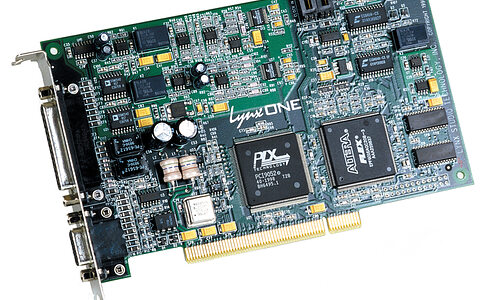
Despite the ever-increasing number of PC recording cards on the market, there's one particular niche that has remained unaddressed, for years. Martin Walker tries out a product that, at last, fills the gap.
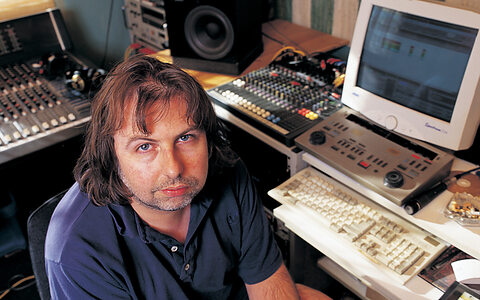
Newcastle-based engineer Dave Maughan, like many SOS readers, runs a small commercial studio based in his own house — where he recorded one of the year's most acclaimed albums. Sam Inglis hears his story.
![Figure 3: [top] Creating a. Figure 4: [bottom] The chromatic scale generated by the configuration in.](https://dt7v1i9vyp3mf.cloudfront.net/styles/teaser_large/s3/imagelibrary/s/synth6_7-1000-vKJbimsIirZB2IjPodseBZkNla8G0DVZ.gif)
In these days of 64-note polyphony and 32-part multitimbrality, it's easy to forget the importance of note-priority systems in analogue monosynths — yet they can have a drastic effect on what you hear when you play or trigger an old synth. Gordon Reid provides a refresher course.

You might think the Pod Pro is just a Pod in a rack, but there's a lot more to it than that.

We test one of the most eagerly awaited products of the year! Does the Mackie HDR24/96 really offer the best of both the traditional hardware and computer recording worlds?
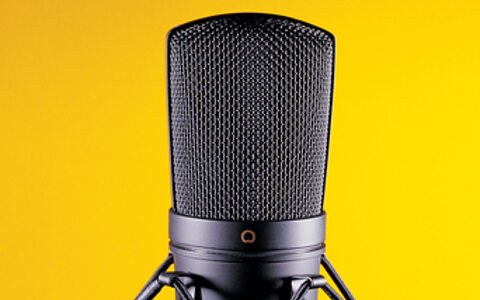
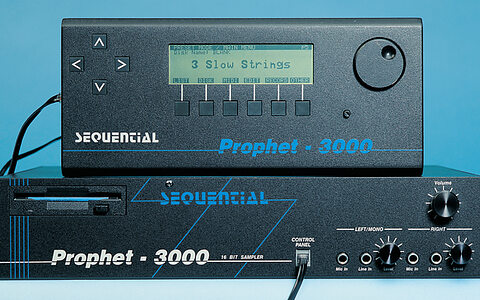
Robert Alexander pays tribute to the short-lived yet truely revolutionary Prophet 3000 which, like Sequential themselves, vanished almost overnight...

Paul White checks out the new features offered by the recent software update for Alesis' unique CD mastering processor.

Drawmer's 1969 model, developed with US pro audio dealer Mercenary Audio, seeks to offer the facilities of their acclaimed 1960 valve-based processor, but with a more American sound.

Roland's new guitar synth is their most affordable yet, but could it also be the best?

Nicholas Rowland is star-struck by Roland's frankly fabulous new hand percussion controller.

Since UK garage emerged from the underground last year, record companies have been scrambling to sign up the stars of the latest Big Thing. Foremost among these is Mark Hill, who, as well as being one half of Artful Dodger, has also produced Craig David's hit single and debut album Born To Do It.
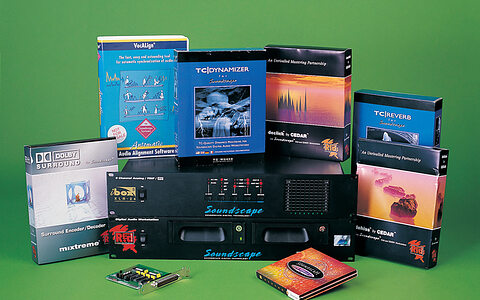
As PCs grow more powerful, native-processing systems appear to offer very impressive features. Nevertheless, as Martin Walker explains, there is still a strong case for using dedicated audio hardware, as evidenced by Soundscape's powerful R.Ed system.

After looking at the development of and theory behind mLAN, Paul Wiffen continues his series on the new FireWire-based music and audio protocol with a practical look at the effect it will have on the gear in our studios and how we connect it together.

Ken Nelson favours the old school of recording, based around clean signal paths, live playing and analogue tape — but that hasn't stopped him working with some of the hottest new bands in Britain. Among them are Coldplay, whose debut Parachutes album crashed straight into the charts at number 1. Sam Inglis finds out how it was recorded.

This month, Dave Shapton suggests that emerging compression techniques may actually improve our audio and multimedia experiences.

Paul Sellars challenges the idea that MIDI + Audio sequencing has had a negative effect upon musical proficiency.

In the final instalment of this series, Paul White looks at computers, as well as offering some advice on planning a system that allows for future expansion.